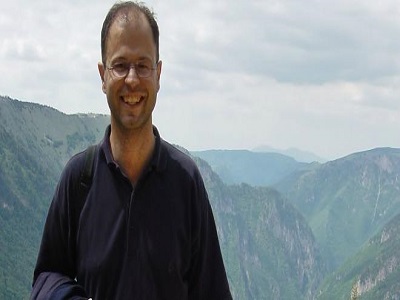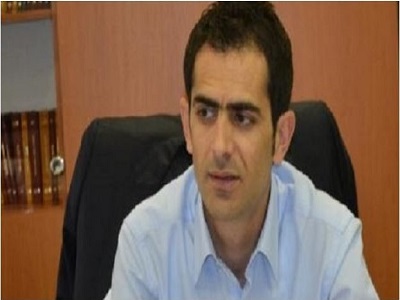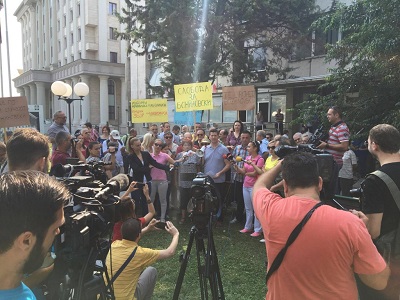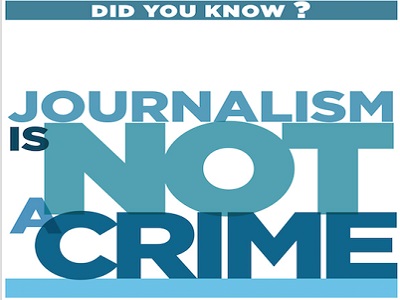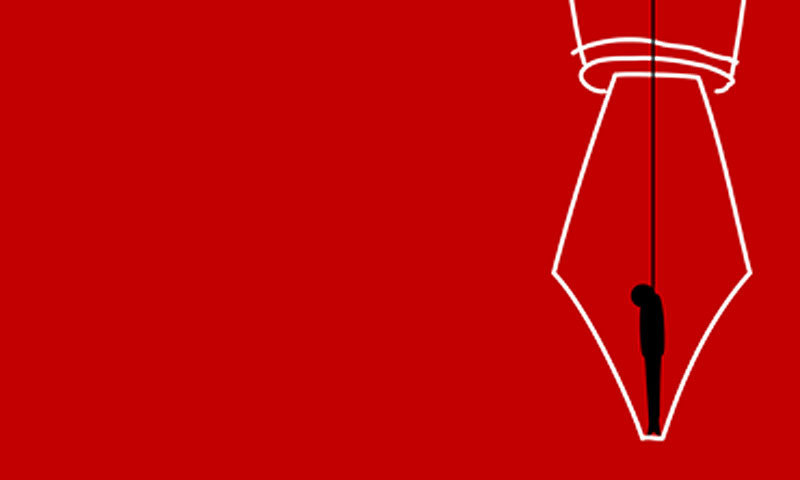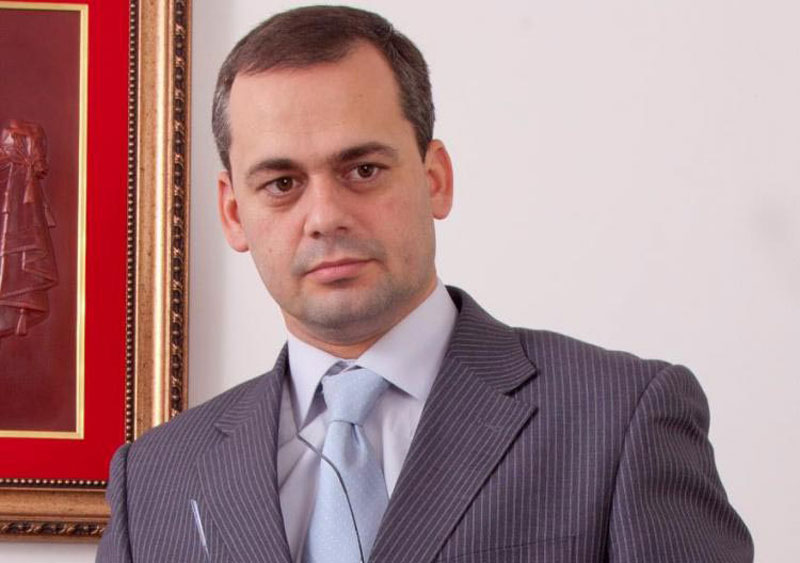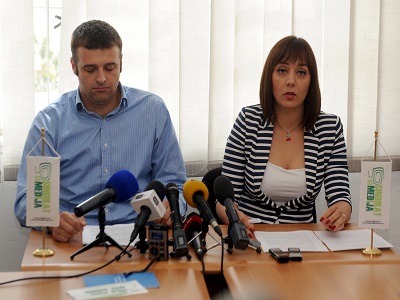PODGORICA, 02.09.2016. -The European and International Federations of Journalists (EFJ/IFJ), the Trade Union of Media of Montenegro (SMCG) is a full member of, have sent a letter to Montenegrin officials urging them to provide a fair trial to freelance journalist Jovo Martinovic, who has been in custody since October 2015, and to allow him to be on pre-trial release.
The letter was delivered to President of Montenegro Filip Vujanovic, Prime Minister Milo Djukanovic, the Ombudsman Sucko Bakovic, Minister of Justice Zoran Pazin, the Supreme State Prosecutor Ivica Stankovic, the Chief Special Prosecutor Milivoje Katnic, President of the High Court Boris Savic, High Court judge Dragoje Jovic, Head of Mission of EU delegation in Montenegro Aivo Orav and High Representative of the European Union for Foreign Affairs and Security Policy Federica Mogherini.
In the letter signed by the IFJ president Philippe Leruth and EFJ president Mogens Blicher it is stated that they are writing to the officials “with continued grave concerns over the court proceedings against internationally highly respected freelance Montenegrin journalist Jovo Martinovic”.
“He was charged with membership of a criminal organisation and with drugs trafficking. Jovo Martinovic had been detained on suspicion of participating in a drug trafficking ring since October 22, 2015. We are shocked by the gravity of his possible sentence being more than 10 years in prison. The EFJ and IFJ urge the Montenegrin authorities to consider his journalistic work as a possible explanation for his alleged contacts with drug traffickers while many other testimonies in his support have come from prominent journalists all over the world”, the letter said.
They added that Martinovic insisted he was not guilty, saying that his contacts with the other suspects were purely linked to his work as a journalist.
“His interactions with two of the other 17 suspects in the alleged drug-trafficking were part of his journalistic work. We urge you to submit as soon as possible the case files and allow Jovo Martinovic to defend himself. We demand that Jovo Martinovic be out on pre-trial release and that custody is not converted into imprisonment even before the trial has even started”.
The letter stated that in line with International standards of the Council of Europe, the courts had to take account of Martinovic’s status as a journalist. “The criminalisation of journalists who specialise in sensitive subjects poses an imminent threat to press freedom”, the letter said.
“We also wish to remind you that the Montenegrin government is required to respond to the alert about the Martinovic case that has been registered on the Council of Europe’s platform for the protection of journalism back on 13 April, see “Freelance journalist and fixer Jovo Martinovic in custody since October 2015.” He is known for his work on investigative stories, and has contributed reporting and research to many international news media outlets, such as The Economist, Newsday, Global Post, The Financial Times, Die Süddeutsche Zeitung, and VICE media group.
Thank you very much for paying attention to this letter. We also wish to refer to reactions by other press freedom organisations such as the Committee to Protect Journalists, see letter from April 19 of this year, and by Reporters without Borders and BIRN”, it was said at the end of the letter.


